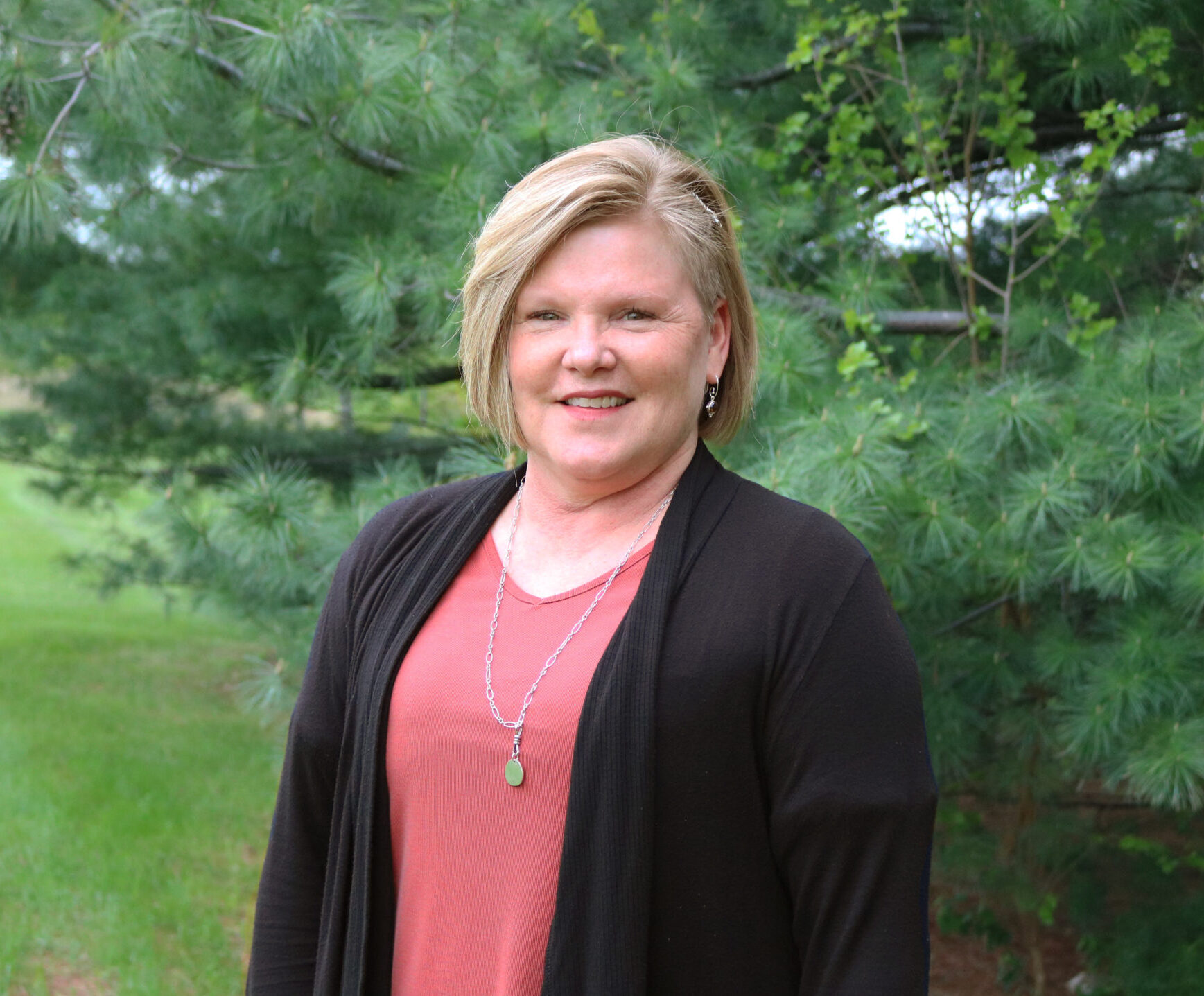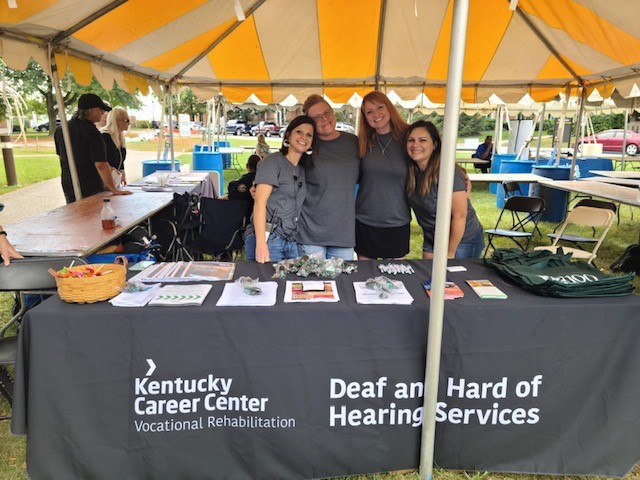Tag: interpreting
-

HDI’s Lisa Amstutz is Second in Kentucky to Earn Special Credential for Mental Health ASL Interpreting
Lisa Amstutz earned her Qualified Mental Health Interpreter Certification earlier this month, making her the second American Sign Language interpreter in Kentucky to do so. The credential is part of […]
-

DeaFestival 2022 features the Julie Beth Hayden Job Fair
Interpreters from Kentucky’s Office of Vocational Rehabilitation’s Deaf and Hard of Hearing Services (DHHS) Branch, in partnership with the Kentucky Commission on the Deaf and Hard of Hearing (KCDHH), hosted […]